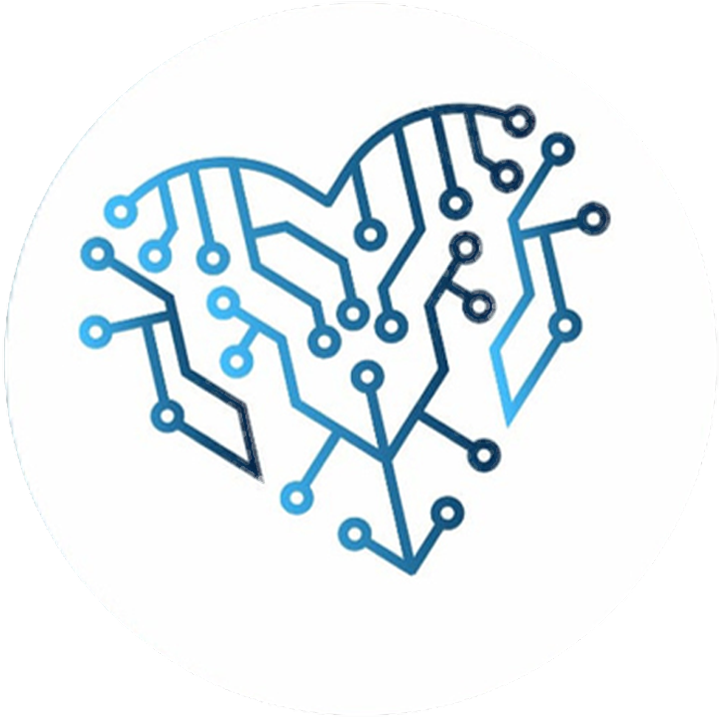AUTHOR Nugrahini Susantinah WisnujatiSuwandi S. SangadjiGancar Candra Premananto DESCRIPTION The use of pesticides in the agricultural sector has become a major concern today, especially with the increasing worries about environmental, health, and sustainability impacts. A similar situation is also a focus in Indonesia, known as an agrarian country. Therefore, the objective of this research is to comprehend farmers’ intentions in using pesticides through the planned behavior theory perspective. The method employed in this study is quantitative, utilizing a questionnaire as the research instrument. The questionnaire was developed from 25 research indicators using a seven-point Likert scale. This research adopts the “rule of thumb” formula to determine the sample size, recommending that the sample size should be more significant than 10 times the number of manifest variables. Consequently, the resulting sample size is 250 respondents. The data analysis technique in this research employs Structural Equation Modeling (SEM) with the SmartPLS software. The findings of this study highlight a strong relationship between knowledge, attitude, and perceived behavioral control with the intention of pesticide use. In this context, knowledge plays a central role in shaping a positive attitude, while perceived behavioral control is also significant. Although subjective norms do not significantly influence individual intentions to use pesticides, subjective norms remain an essential element in understanding individual behavior because they essentially reflect social pressure and norms accepted by individuals from their environment. See Journal PUBLISHED Mar 2024
SROI analysis in measuring the success of the Partnership Program as a form of CSR of PT Petrokimia Gresik
AUTHOR Dita Amelia AurashafaGancar Candra Premananto DESCRIPTION Corporate Social Responsibility (CSR) is a form of social investment companies make, hoping it will bring long-term benefits. An investment must be measurable and accountable. Corporate Social Responsibility certainly involves both internal and external stakeholders. By using a qualitative approach, this research aims to find out the stakeholders of the Partnership Program, one of PT Petrokimia Gresik’s social responsibilities, along with the benefits received by each stakeholder. This research also aims to determine the social impact obtained from each fund invested by the company in that CSR Program using the SROI method. From calculations using the SROI method, a ratio of 5.32:1 is obtained, which means that every Rp 1 invested by the company will generate an impact of Rp 5.32. The results of this measurement are important for the company as an evaluation material for implementing the Partnership Program in the next period to produce a more significant, effective, and efficient impact. See Journal PUBLISHED 2024-2-27
Breaking the glass code: Mentorship-Driven Empowerment in Malaysia’s ICT Sector
AUTHOR Noremi ShaariGeetha SubramaniamHerwina RosnanSuriana RamliGancar Candra Premananto DESCRIPTION This study explores the role of mentoring in advancing women’s careers in Malaysia’s ICT sector, where women are underrepresented in leadership roles. This conceptual study is primarily centered on examining the role of mentorship in advancing women’s careers in Malaysia’s Information and Communication Technology (ICT) sector.Itexaminessocietal, organizational, work-life balance, and individual factors influencing the career pathsof women in the ICT sector in Malaysia. This studyis significant in providing the importance of promoting diversity in the workforce, in line with theSustainable Development GoalSDG 5i.eGender Equality. See Journal PUBLISHED 2024-02-24
The social impact analysis of “Rise a Voice, Airlangga Got Talent” program with social return on investment approach
AUTHOR Zalfa KarinaGancar Candra Premananto DESCRIPTION This study aimed to evaluate and calculate the social impact value from the “Rise A Voice, Airlangga Got Talent” Program. The program was a Creating Share Value activity carried out by Master of Management students at Airlangga University for orphanages in Surabaya. It was held to provide a platform for the orphanage children’s creations and direction related to good orphanage management. However, after the implementation of the program, there were no measurement results related to the social impact received. Therefore, this research was conducted to calculate the value of the social impact using the Social Return on Investment (SROI) approach as a research method. The result showed that the Program produced an SROI value of 36.04. It can be inferred that every 1 Rupiah invested in the “Rise A Voice, Airlangga Got Talent” Program was able to generate return of Rp. 36.04. Meanwhile, the payback period can be gained in 1.7 months. This program can be categorized as successful because it is able to exceed a ratio of 1 in SROI. The calculation of SROI is important to evaluate and develop strategies for the program sustainability as an illustration for investors who are willing to invest in the same program. See Journal PUBLISHED 2024-08-01
